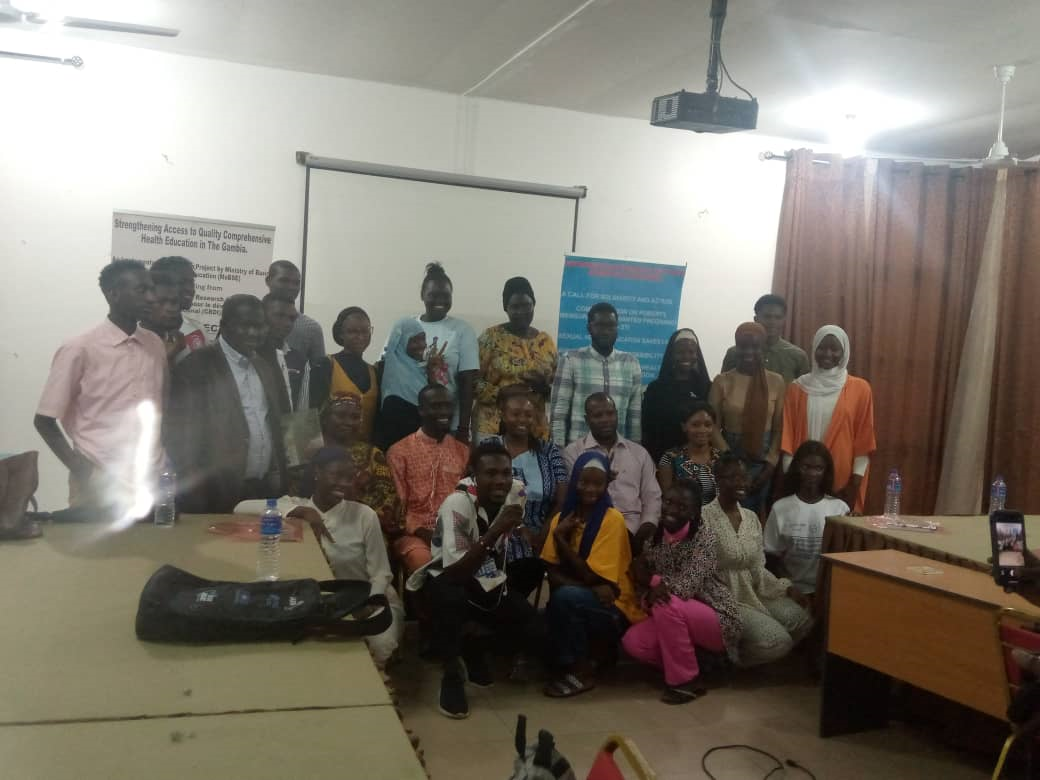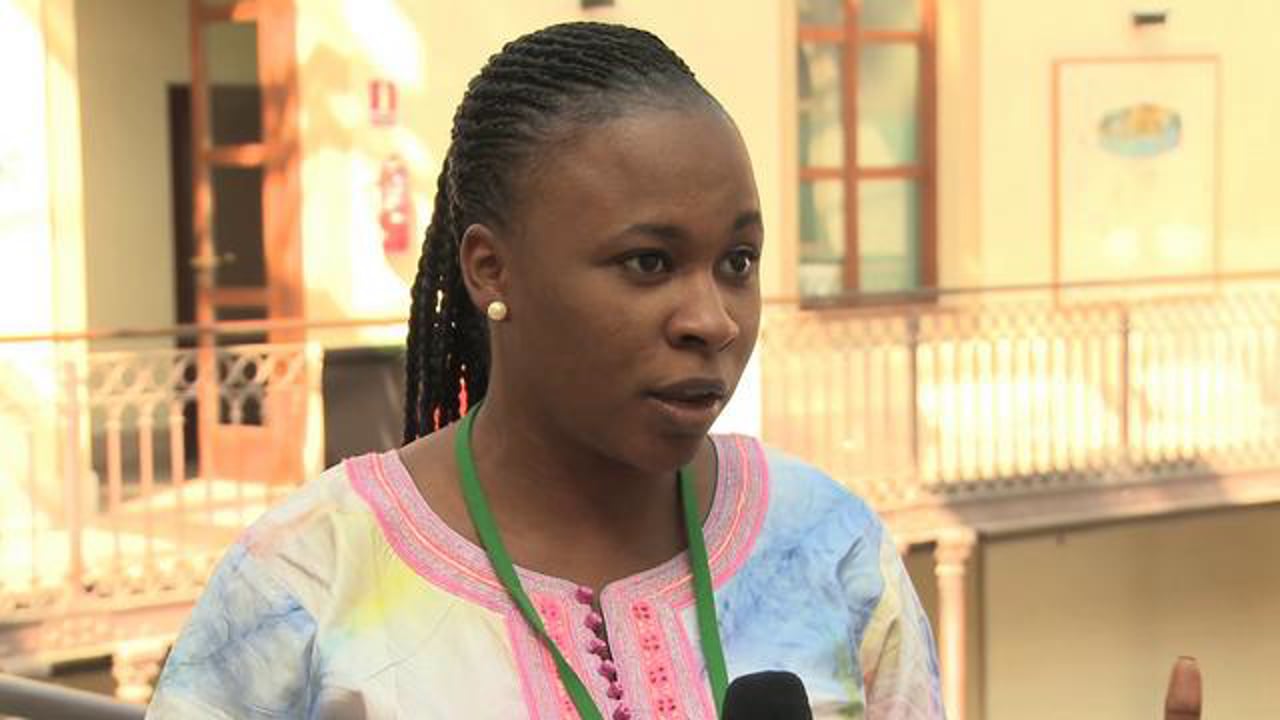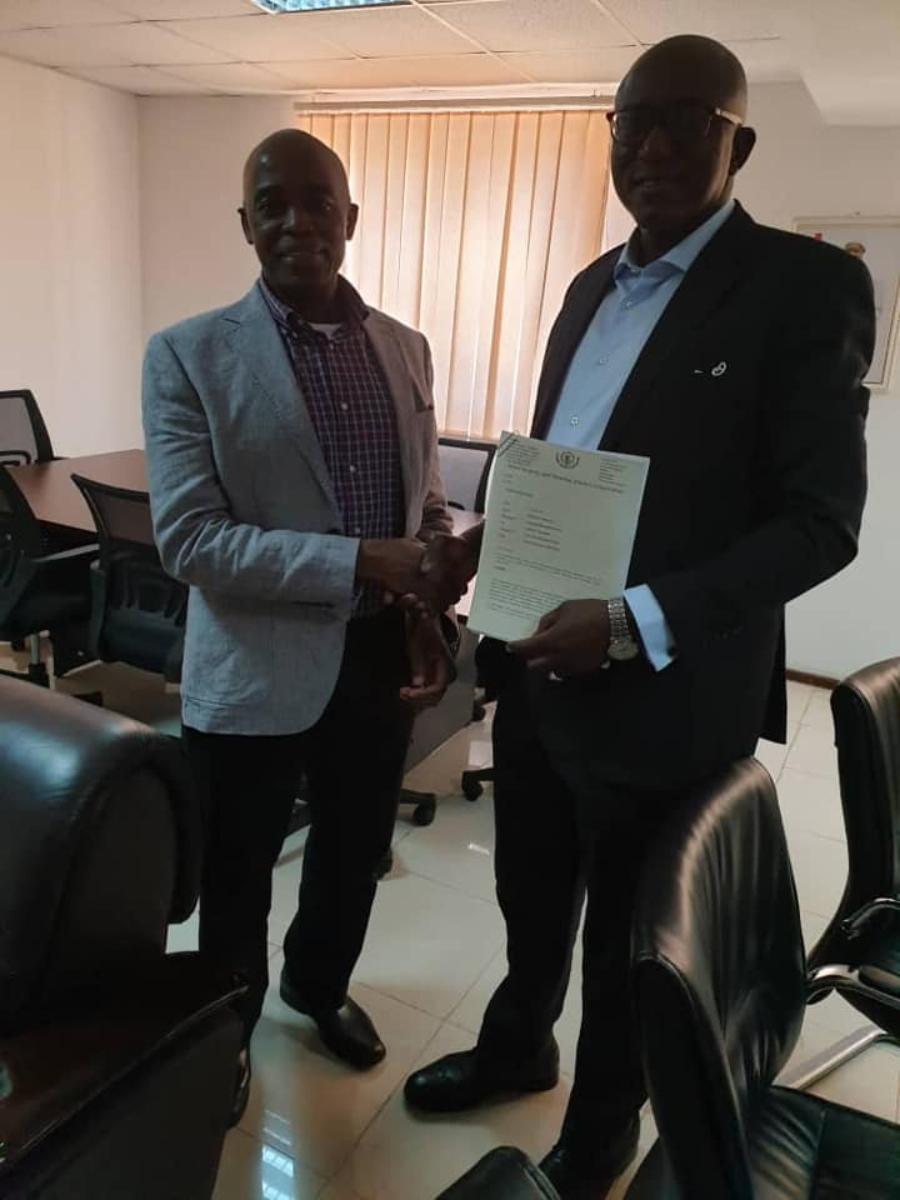By Binta Jaiteh
Phebian Ina Grant-Sagnia, Principal investigator for the Comprehensive Health Education project on Tuesday made a detailed presentation on challenges affecting programs on Sexual Reproductive Health of adolescents in The Gambia.
According to her, based on the study of a five-year Implementation Research Project by the Ministry of Basic and Secondary Education (MOBSE) with funding from the International Development Research Centre (IDRC)/Centre de Recherches Pour le DévelopmentInternational (CRDI).
She said despite numerous efforts and policy frameworks to improve the sexual and reproductive health of young people, adolescents age (15-24) who constitute 32% of the population in the Gambia still lack access to quality education, information, and services on preventing and protecting themselves against sexual and reproductive health problems.
She highlighted the main challenges of adolescents on sexual reproductive which among them is tracked to limited coordination across various implementing agencies of sexual and reproductive health programs and funding gaps for sexual and reproductive health programs.
“Policy restrictions and societal norms that perceived discussions on sexual; and reproductive health issues as highly culturally sensitive”.
She said in The Gambia, Comprehensive Health Education (CHE) programs in schools started in the early 1990s, and the Gambia had been using the school curriculum to deal with high population growth rate, adolescent pregnancy and illegal abortion, drug abuse, high infant and maternal mortality rates, Sexually Transmitted Infections (STIs), HIV AIDs and Environmental degradation.
“This was through the introduction of Population and Family Life Education (POP/FLE) into the school system with the support of UNFPA,” she stated.
According to her, concern about adolescent sexual and reproductive health (ASRH) has grown over the past years, due to unprecedented increasing rates of sexual and reproductive health infections, early sexual debut, and teenage and unwanted pregnancies. Teenage pregnancies outside of marriage among adolescent girls, in particular, are a major cause for concern in The Gambia, where almost one in five (18%) of adolescent women age 15 to 19 are already mothers or pregnant with their first child. (GDHS, 2013)
However, “This study seeks to address these weaknesses and gaps in knowledge and practices, also aims to provide policymakers at the Ministry of Basic and Secondary Education with detailed information on the type and short-term effects of age-appropriate and culturally relevant package of interventions that can be scaled up to strengthen access to quality comprehensive sexuality education to meet adolescents and youth sexual and reproductive health rights and needs in all Gambian regions,” she added.




